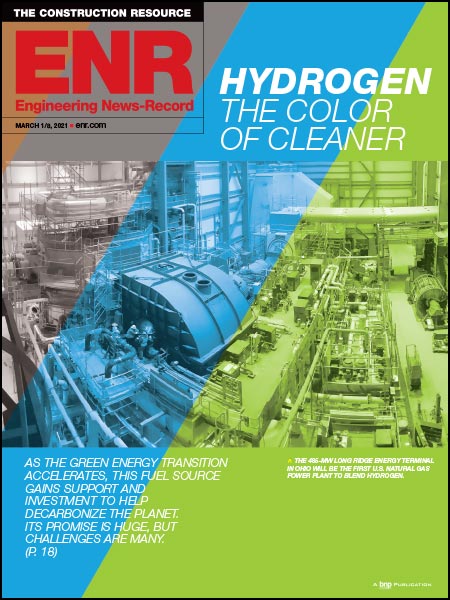Citing soaring cost and the advances in electricity generation technology in recent years, the U.S. Dept. of Energy has withdrawn its support from the FutureGen Alliance, the nonprofit public-private partnership to demonstrate the world's first near-zero-emissions coal-fired powerplant. To replace FutureGen's three-part focus on coal gasification, hydrogen production and the capture and storage of carbon dioxide, DOE will concentrate on research, development and demonstration of carbon capture and sequestration (CCS), leaving the demonstration of gasification technology to power developers.
"This approach could multiply the locations" at which CCS can be demonstrated, says Energy Secretary Samuel W. Bodman. It could also "double the amount of CO2 (captured from emissions) announced in 2003," when the FutureGen program was proposed, and reduce the emission of other pollutants, he adds.
In February 2003, DOE described FutureGen as a $1-billion initiative to create a coal-based powerplant focused on demonstrating integrated gasification, combined-cycle (IGCC) technology that would produce hydrogen and electricity while providing for CCS. At the time, DOE saw FutureGen as a large-scale research and development testing laboratory for IGCC, hydrogen production and CCS technologies because there were few IGCC projects in development. "Now, more than 33 IGCC projects have begun the permitting process," says Clay Sell, deputy energy secretary.
The Washington, D.C.-based FutureGen Alliance Inc. is a consortium of 13 coal companies and electric utilities partnering with DOE. But DOE first became aware that the cost estimate had risen from $1 billion to $1.8 billion last March, when it signed a cooperative agreement with the alliance for the project. Under the agreement, DOE would pay 74% of the project's cost and the alliance 26%, and the consensus was that "costs would only increase," says Sell.
Seeing that IGCC development was advancing with private investment, DOE decided to shift its emphasis to CCS development and demonstration and let other DOE programs take over the hydrogen-production component of the project. On Jan. 30, DOE issued a Request of Information seeking industry input by March 3, 2008, on the costs and feasibility associated with building "clean coal" facilities that achieve FutureGen's intended goals. This should lead by the end of the year to a competitive solicitation to provide federal funding to equip clean coal plants of at least 300 MW with CCS technology, says Sell.


Post a comment to this article
Report Abusive Comment